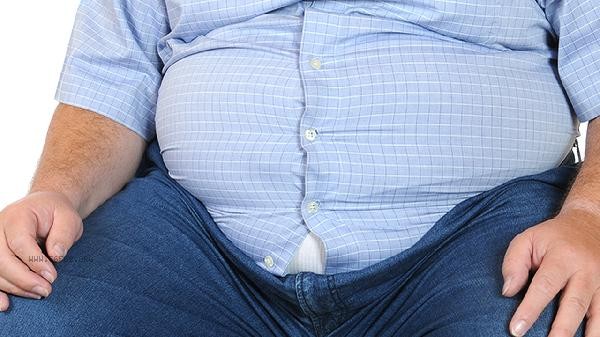Losing weight requires controlling both calorie and fat intake, but calorie control is the foundation and fat intake needs to be adjusted appropriately. Calorie deficit is the core principle of weight loss, and fat, as a high calorie nutrient, needs to be optimized as a priority source. During the weight loss process, calorie control directly affects weight changes. When the daily calorie intake is lower than the expenditure, the body will use stored fat to provide energy. It is recommended to increase the proportion of low calorie and high fiber foods such as vegetables, fruits, and whole grains, and reduce the intake of refined carbohydrates to achieve calorie control. A common misconception is to completely eliminate the absorption disorders of fat soluble vitamins caused by fat, or excessively limit calories to cause a decrease in basal metabolism.

Fat intake should focus on quality rather than quantity alone. Completely avoiding fat may cause hormone synthesis disorders and abnormal cell membrane function, but trans fats, animal fats, etc. should be strictly restricted. High quality fats such as deep-sea fish oil and unsaturated fatty acids in nuts can actually promote fat metabolism. Due to genetic factors, some populations are sensitive to fat and need to strictly limit their intake of saturated fat.

It is recommended to adopt a balanced diet pattern, controlling the daily fat to energy ratio at 20% to 30%, and prioritizing healthy fat sources such as olive oil and avocados. By combining regular aerobic exercise and strength training, it is possible to maintain both calorie deficit and muscle mass. Long term extremely low-fat diet may lead to dry skin, menstrual disorders, and other problems. During the weight loss period, body fat percentage and blood routine indicators should be regularly monitored.










Comments (0)
Leave a Comment
No comments yet
Be the first to share your thoughts!